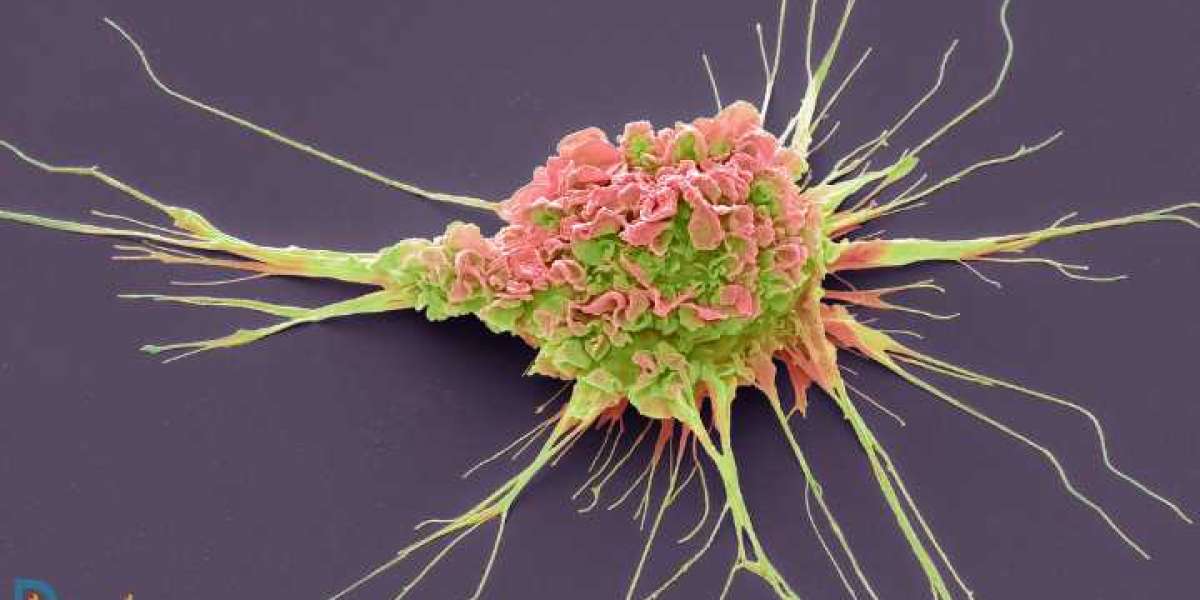1. Revolutionizing Skin Disorders: Exosome-Based Treatments for Atopic Dermatitis
Atopic dermatitis (AD), a chronic inflammatory skin condition, has long posed challenges due to its complex pathology. Exosome-based treatments for atopic dermatitis are showing promise in addressing this issue by modulating immune responses and promoting skin repair. Exosomes derived from mesenchymal stem cells (MSCs) have demonstrated anti-inflammatory properties, reducing the overactive immune activity seen in AD. Moreover, their ability to enhance skin barrier function and accelerate healing offers a novel therapeutic avenue for patients who have not responded well to conventional treatments.
2. Advancing Cancer Therapy with Targeted Delivery
In oncology, exosome-based therapies are proving to be game-changers by offering targeted delivery of anti-cancer agents while minimizing systemic side effects. Exosomes can be engineered to carry chemotherapeutic drugs, siRNA, or immunomodulatory molecules directly to tumor cells. This precision delivery system not only enhances the efficacy of the treatment but also reduces toxicity to healthy tissues. Several ongoing clinical trials are exploring exosome-based approaches for treating cancers such as lung, breast, and pancreatic cancers, with encouraging preliminary results.
3. Transforming the Treatment of Neurodegenerative Conditions
Exosome-based therapies are making strides in addressing the challenges of neurodegenerative diseases such as Alzheimer's, Parkinson's, and amyotrophic lateral sclerosis (ALS). These therapies leverage exosomes' ability to cross the blood-brain barrier, enabling the delivery of neuroprotective agents directly to affected areas of the brain. In the treatment of neurodegenerative conditions, exosomes are being explored as carriers of anti-inflammatory cytokines, growth factors, and therapeutic RNA to slow disease progression and support neuronal repair. This innovative approach holds great potential for improving outcomes in conditions that currently have limited treatment options.
4. Regenerating Tissue in Orthopedic Applications
In regenerative medicine, exosome-based therapies are gaining recognition for their role in promoting tissue repair and reducing inflammation. For orthopedic conditions such as osteoarthritis and tendon injuries, exosomes derived from MSCs can enhance cartilage regeneration, improve joint health, and reduce pain. These therapies are being developed as minimally invasive alternatives to traditional treatments, such as surgery or joint replacement, offering faster recovery times and better long-term outcomes.
5. Pioneering Cardiovascular Repair
Cardiovascular diseases remain a leading cause of mortality worldwide, and exosome-based therapies are emerging as a promising solution. Exosomes derived from cardiac stem cells have shown potential in repairing heart tissue damaged by myocardial infarction. These exosomes can stimulate angiogenesis (the formation of new blood vessels) and reduce apoptosis (cell death) in cardiac cells, supporting heart function and recovery. With ongoing clinical trials, exosome-based approaches are set to become a cornerstone in cardiovascular regenerative medicine.
The Road Ahead
Exosome-based therapies represent a paradigm shift in how diseases are treated, offering unprecedented opportunities for personalized medicine. Whether in dermatology, oncology, neurology, or regenerative medicine, these therapies harness the natural abilities of exosomes to deliver targeted, effective, and patient-specific treatments. As research progresses and clinical trials yield more data, the potential applications of exosome-based therapies, including exosome-based treatments for atopic dermatitis and the treatment of neurodegenerative conditions, will continue to expand, offering new hope for patients worldwide.
Latest Report Offered By DelveInsigh:
Chronic Wounds Market | Congenital Adrenal Hyperplasia Market | Cytokine Release Syndrome Market | Granulomatosis With Polyangiitis Market | Iga Nephropathy Market | Von Willebrand Disease Market | Eosinophilic Esophagitis Market | B-cell Non-hodgkin Lymphoma Market | Alcohol Use Disorder Market | Seborrhea Market | Choroideremia Market | Mrna Based Vaccines And Therapeutics Market | Benefits Of Robotics In Healthcare | Lewy Body Dementia | Energy Based Aesthetic Devices Market | Ependymoma Market | Fertility Monitoring Devices Market | Germ Cell Tumor Market | Hernia Repair Devices Market | Hot Flashes Market | Implantable Cardioverter Defibrillators Market | Keloid Market | Orthopedic Power Devices Market | Pouchitis Market | Surgical Sealant Market | Transthyretin Amyloidosis Market | Vascular Graft Devices Market | Lip And Oral Cavity Cancer Market | Sinus Dilation Devices Market | Inguinal Hernia Market | Plaque Psoriasis Market | Plasmodium Vivax Malaria Market | Hdac Inhibitors Market | Peritoneal Dialysis Equipment Market | Adenosine Deaminase-severe Combined Immunodeficiency Market | Bone Resorption Market | Pelvic Inflammatory Disease Market



